 |
| Sir James MacMillan (Photo Hans van der Woerd) |
James MacMillan Strathclyde Motets, A Choral Sequence from the St John Passion, Tenebrae Responsories, Carlo Gesualdo Responsories for Maundy Thursday; BBC Singers, Sir James MacMillan, Tenebrae, Nigel Short; St John's Smith Square
Reviewed by Robert Hugill on 18 April 2019
Star rating: 4.5 (★★★★½)
A Holy-week sequence which combined MacMillan conducting his own music and with that of Gesualdo, ending with a Tenebrae service giving MacMillan's music a liturgical context
Maundy Thursday (18 April 2019) at the St John's Smith Square Holy Week Festival was both a commemoration and a celebration. The main concert was given by the BBC Singers and the repertoire reflected the liturgical season, but the ensemble had invited Sir James MacMillan to conduct his own music in celebration of his 60th birthday. MacMillan chose a selection of his Strathclyde Motets interweaved with the first Nocturn of Carlo Gesualdo's Responsories for Maundy Thursday, concluding with MacMillan's A Choral Sequence from the St John Passion. The evening ended with Nigel Short and Tenebrae performing MacMillan's own Responsories as part of a Tenebrae service for Good Friday.
James MacMillan's
Strathclyde Motets are a remarkable sequence of 28 communion motets, setting Latin texts, written between 2005 and 2010 for Strathclyde University Chamber Choir. A project which developed from the initial commission for one motet into a deliberate intention to create a body of music which was accessible to amateur choir. Being accessible, of course, does not mean easy and the pieces are remarkably varied and complex in their approaches to expressing the meaning of the texts.
In
Cum vidisset Jesus we could hear MacMillan's debt to the polyphonic writing of earlier composers, whilst it remained always his own voice, and in
Qui metitabitur we hear that familiar MacMillan motif, the Gaelic psalm-singing inspired chant with its distinctive twiddles in the melody which MacMillan makes so expressive. In
Videns Dominus the use of chant was combined with some thrilling juxtapositions of texture, and throughout the motets it was noticeable that MacMillan really explored the way differences in texture could highlight the text. For all the dramatic moments in
Mitte manum tuam, it was the quietly intense conclusion which really counted.
Pascah nostrum immulatus est was built out of three contrasting elements, strong vibrant harmonies, a radiant alto solo and a rhapsodic soprano solo, which MacMillan welded into a single, remarkable whole. The final
Strathclyde motet was
Domine no secundum peccata nostra in which MacMillan repeated sections of the text to create a strikingly different musical structure that that suggested by the first reading of the text. For this motet we had the addition of violin, played by Zara Benyounes, with the violin moving from accompanying to adding an extra line, providing another layer of texture and contrast.
Threading their way through these motets were Carlo Gesualdo's
Responsories for Maundy Thursday. Gesualdo's writing in these motets (published in 1611) is notable for his use of chromaticicism, dissonance and remarkable harmonic shifts to express the intensity of Christ's suffering. We heard the three motets from
Nocturn I, 'In monte Oliveti', 'Tristis est anima mea' and 'Ecce vidimus eum', plus the 'Benedictus' which concludes the whole collection.
What was notable about the performances was that the harmonic language was taken as read, the music's difficulty taken in the BBC Singers' stride. These performances were not about Gesualdo's complexity for its own sake, the dissonance and chromatic shifts were there as expressive devices alongside a beauty of tone and expressive feel for the music. So 'In monte Oliveti' started with a smooth, even balance sound and a sense of the harmonies being suspended in mid air. The naturalness of the way the harmony was sung meant that 'Tristis est anima mea' had a lovely radiance, and the chromatic shifts lent 'Ecce vidimus eum' a restless quality. In all the motet, you sensed that MacMillan as conductor did not dwell on the harmonic details, instead he let the music flow. The last Gesualdo was the large scale hymn 'Benedictus Dominus Deus' which alternates polyphonic setting with chant, and here Gesualdo's writing is less rhythmically complex and more direct, but with some wonderful word painting and remarkable moments.
MacMillan's
St John Passion was premiered in 2008 and repeated by the same forces (Christopher Maltman, London Symphony Orchestra and Chorus, Colin Davis)
in 2010. In the passion MacMillan uses settings of Latin texts as punctuation and commentary, and
A Choral Sequence from the St John Passion takes these and welds them into a single entity.
Richard Pearce played the St John's Smith Square organ, providing short, intense organ perorations between each of the movements, and occasionally adding organ commentary to the choral textures. The sequence started with Bach's
Passion Chorale which is used within MacMillan's music.
Whilst originally written for a non-professional choir (the London Symphony Chorus), this music is certainly not deliberately accessible. 'Astiterunt reges terrae' was vivid and impulsive with astonishingly violent harmonies, whilst 'Judas, mercator pessimus' contrasted strong harmonies with consoling moments to intense effect. 'Peccantem me quotidie' rose from the depth, into a powerful, highly contrapuntal climax which magically eased in the final phrase. For 'Crucifixus etiam pro nobis' the choir's sense of suspended harmony made it feel that time stopped, with just the organ providing commentary. For the final 'Stabat mater' MacMillan used a series of striking and powerful juxtapositions, with the Latin 'Stabat mater' text paired with a lullaby, and the music mixed an evocative and gentle cantus firmus with some thrilling quasi Gaelic psalm singing from the tenors. Juxtapositions which created something truly thrilling yet evocatively magical.
The concert was broadcast live on BBC Radio 3 and is on
BBC iPlayer for 30 days, do listen.
The magic continued after the main concert when, in near darkness with candles gradually extinguished, Nigel Short and Tenebrae participated in a liturgical event (St John's Smith Square is, remarkably, still a consecrated church) based on the Tenebrae service, mixing plainchant with three of James Macmillan's own powerful and intense
Tenebrae Responsories.
Elsewhere on this blog:
- The topsyturvydom effervesced: HMS Pinafore from Charles Court Opera (★★★½) - opera review
- A very human St John Passion: Solomon's Knot in Bach without conductor and from memory (★★★★★) - concert review
- Piano day: two venues, three pianists, two pianos - Sunday morning at Wigmore Hall and Sunday evening at Conway Hall - concert review
- Barrie Kosky’s imaginative production of Leonard Bernstein’s West Side Story returns to the Komische Oper, Berlin - music theatre review
- Small-scale delights at the edge of Handel’s London: Chandos Anthems & Trio Sonatas at St Lawrence Whitchurch (★★★½) - concert review
- The stars shine in Verdi's La forza del destino at Covent Garden despite a rather disappointing production (★★★½) - opera review
- 'Costly Canaries': Mr Handel's Search for Super-Stars at the London Handel Festival (★★★½) - concert review
- In search of Youkali: the life & songs of Kurt Weill at Pizza Express Live - concert review
- Opera speaks to everyone: I chat to soprano Alison Buchanan about Pegasus Opera & their new double bill Shaw goes Wilde - interview
- A musical encounter between two traditions: classical guitarist Christoph Denoth's exploration of tango - Tanguero: Music from South America (★★★★) - CD review
- Barrie Kosky’s production of Leonard Bernstein’s Candide at Komische Opera, Berlin
(★★★★) - musical theatre review
- Neapolitan extravagance and a strange wedding present: Handel's Aci, Galatea e Polifemo - (★★★★) concert review
- Italian charm with a French accent in Vivaldi's La Senna Festeggiante from Jonathan Cohen and Arcangelo (★★★★) - concert review
- Home






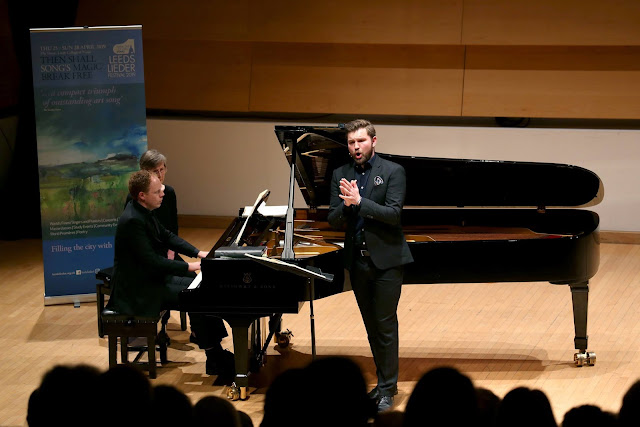


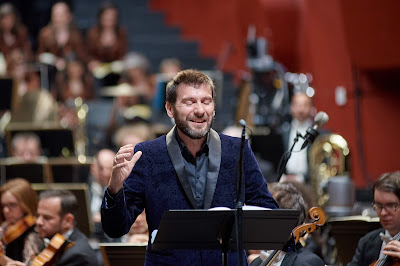





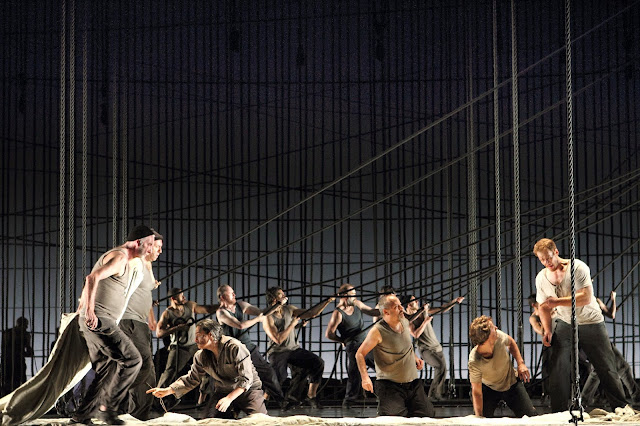


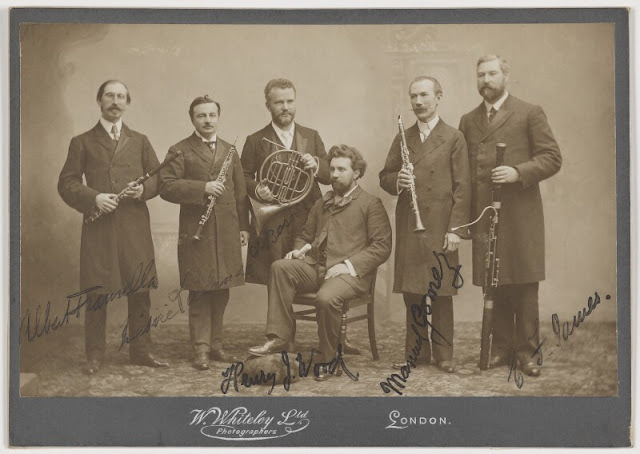

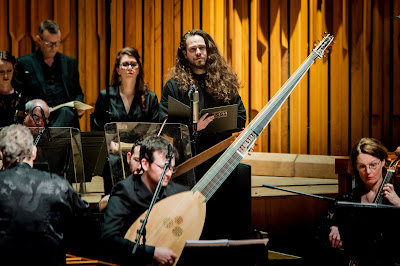

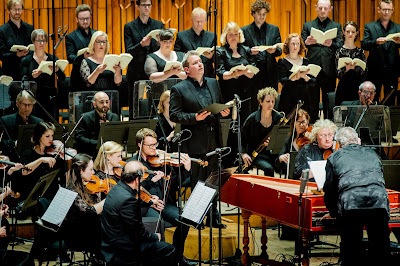

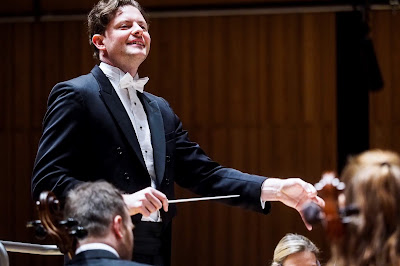







%20in%20The%20Merry%20Widow.%20Credit%20Mihaela%20Bodlovic.%20(2).jpg)

%20in%20Trial%20by%20Jury.%20Credit%20Mihaela%20Bodlovic..jpg)


%20Britten%20Pears%20Arts%20(1).jpg)

.jpg)
